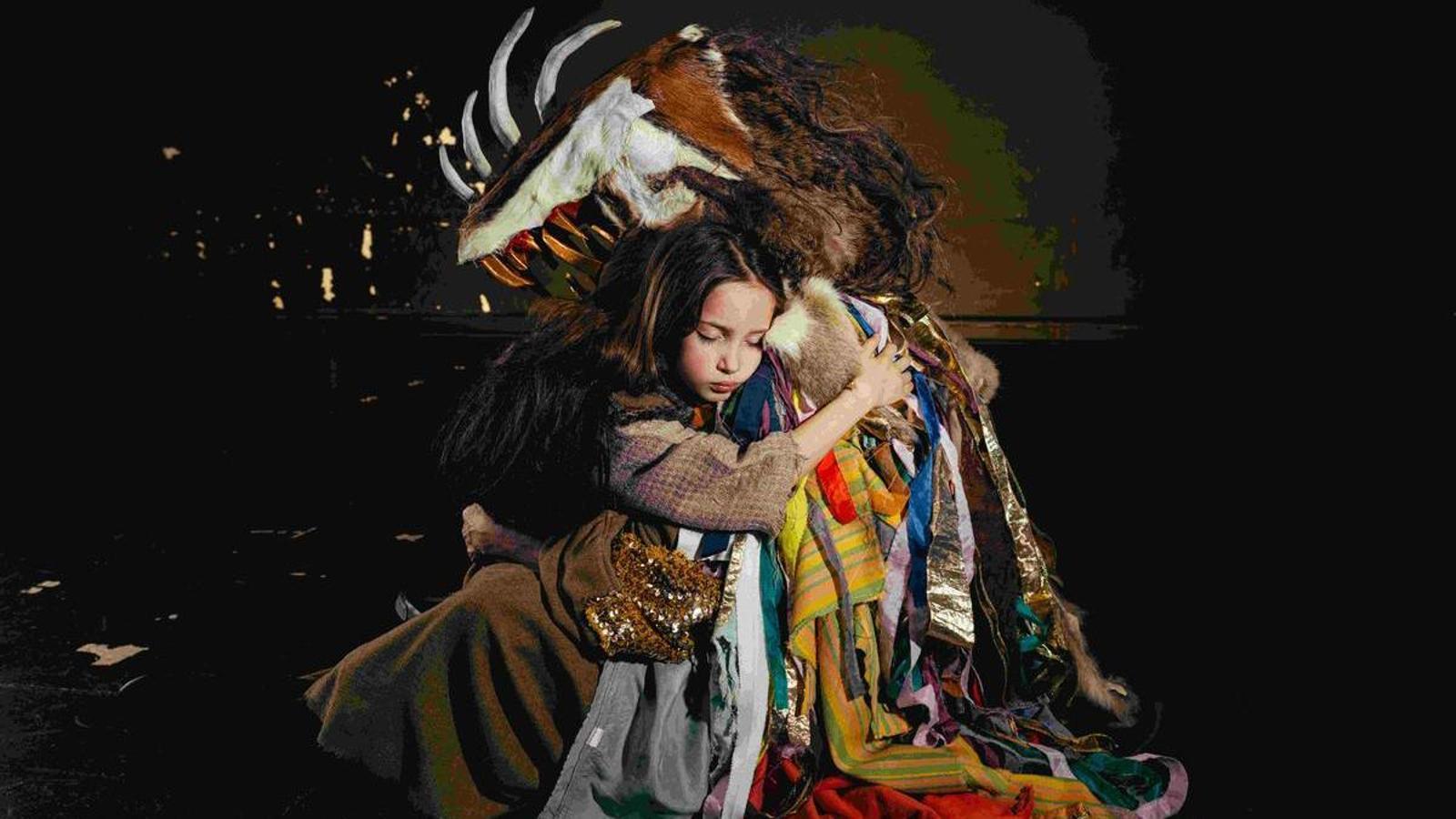How do children scream when their throats are cut?
The Grec Theatre premieres Milo Rau's powerful 'Medea's Children' in Barcelona.

- Concept and direction: Milo Rau
- Dramaturgy: Kaatje De Geest
- Performance: Peter Seynaeve, Lien Wildemeersch, Anna Matthys, Juliette Debackere, Emma van de Casteele, Ella Brennan, Jade Versluys, Bernice van Walleghem, Gabriel El Houari, Aiko Benaouisse, Sanne de Waele, Helena van de Casteele, Vik
The theater of Milo Rau It is almost always a dramatization of reality, often based on real events, from which a political perspective on society emerges. That was the case Hate radio, about the genocide in Rwanda. It was Five easy pieces, about the Belgian criminal Marc Dutroux who kidnapped and killed children. He was Family, about the unexplained suicide of four members of a family in Calais. It was The reprise, Histoire(s) du théâtre, reconstruction of the homophobic murder of the young Ishane Jarfi. And this is it Medea's Children (Medea's Children) depicts the horror of the murder of five children at the hands of their mother in Belgium, a play that echoes the tragedy of Euripides. These are horrific stories that Rau treats from a certain documentary distance, but without skimping on explicit, yet far-fetched violence.
Medea's Children talks about the Euripides classic through a fake colloquium that begins on the proscenium when the show has finished. A game for the four girls and the boy (the five children who were victims of the mother) to give their opinions about the Greek writer and talk about what it was like to do theater. There's the lively, science-savvy boy. There's the little girl who makes philosophical reflections like an adult. There's the bored girl glued to her cell phone... And there's Peter, the presenter and coach who leads the play.
But at a certain point, the beautiful red curtain opens to reveal the story of the Belgian mother—sentenced to life imprisonment but killed by euthanasia—and her surroundings. Her mother, her husband, the dark Mr. Glas... Right up to the murder of her five children in morbid scenes that contribute nothing, but which Rau defends because imagining is one thing and seeing is another. And how the girls and the boy scream when the mother puts the knife to their throats. And it pulses.
The truth is that the stage tempo, the truth of what the children/characters say, as well as the sound setting and the live projections reproduced on the largest screen I've ever seen in a theater, work divinely. Milo Rau makes it so that the victims are the ones who tell the story, and hence the final words of little Anna when she declares that there is no future.
